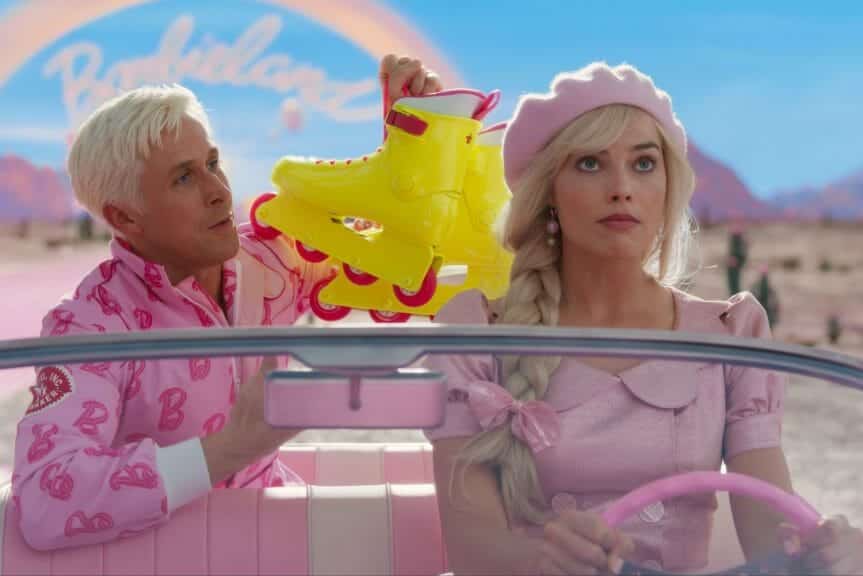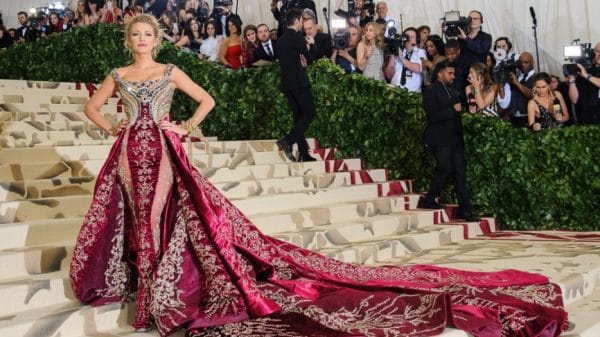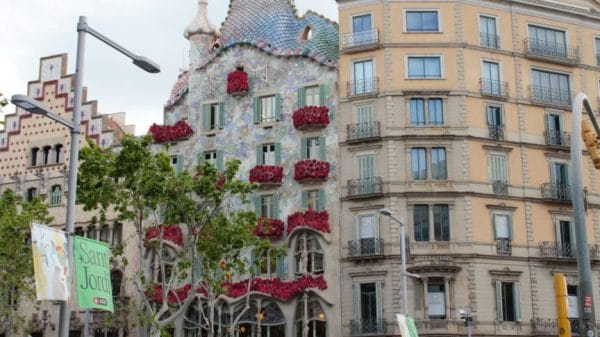Greta Gerwig’s Barbie has been in the social media spotlight for over a year. Even before the first teaser in December, internet users were talking about Barbie. Now with its release, the babbling Barbie cult has burst from Twitter timelines. The movie has branded its name across every news headline. But what exactly has caused this escalation of online engagement?
Barbie’s matriarchy
Suddenly, TikTok trends of Barbie-goers wearing pink to the theaters have erupted into men storming out of cinemas. They’ve taken to the web to voice how scandalized they are by the screening of a female-run, fictional universe championed by children’s dolls. Piers Morgan and Ben Shapiro have expressed their outrage towards Barbieland. They have coined it as ‘an assault on men’ (Morgan), and, less poetically, ‘a piece of s***’ (Shapiro). As a standalone film, though, how long will Barbie continue to rouse feminist debates and rally up angered men? Moreover, to what extent should a blockbuster like Barbie be hailed as a front-runner of fourth-wave feminism?
Who’s in the arena?
While there are Barbie bashers, there are just as many Barbie lovers. Within three weeks, Barbie became the second highest-grossing movie of the year. The Barbie love didn’t stop outside the cinema. Across all platforms, Gerwig’s work has been adored and worshipped as a feminist grail. On TikTok and Twitter, many people have declared Barbieland’s reversal of patriarchy and exploration into ‘girlhood’ as revolutionary.
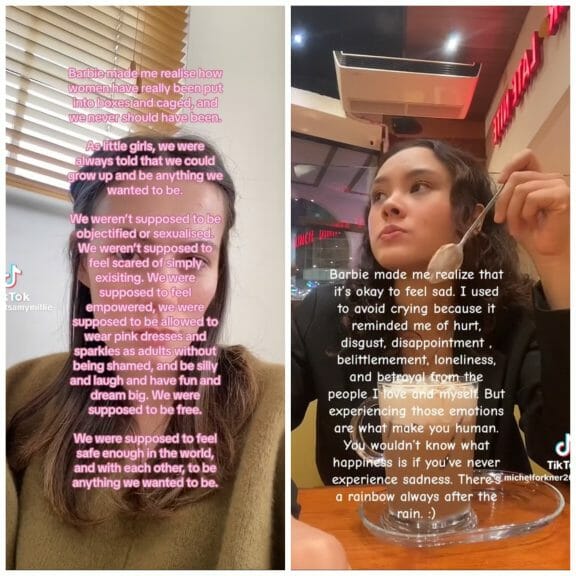
These heartfelt reviews of the film are shared by many viewers – predominantly women. Barbie’s frustration towards the patriarchy is a reflection of a real-life anger felt by many of its watchers. Its unapologetic hyper-femininity resounds with those in constant conflict of being perceived as too ‘girly’, too ‘manly’, and too gendered. Played by Margot Robbie, Stereotypical Barbie is devastated discovering how women are treated in the real world compared to Barbieland. Girlhood is represented by Barbieland, which is full of optimism and promise. Barbie’s revelation of reality, however, reflects the transition from girlhood to womanhood. The movie captures the inevitable disappointment of growing up in the patriarchy – a feeling shared by many viewers.
Barbieland versus ‘Kendom’
Playing the opposition of those completely enamored with Barbie is a hatebase consisting mostly of men – specifically, the kind of men that definitely thought Ken’s Mojo Dojo Casa House was a great idea. They’ve taken to Twitter to unify in their hatred.
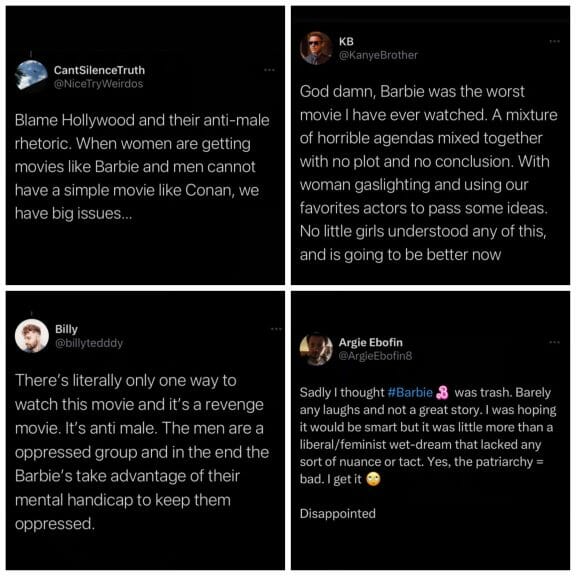
These mass-produced Ben Shapiro wannabes feel that the blockbuster is little more than a glorified, misandrist monstrosity. Many viewers have voiced their disapproval of Barbieland’s matriarchy, and its social exclusion of men (tragically in Barbieland, ‘every night is girls night’). Evidently, these viewers are very upset at the notion of a discriminatory world dominated by women. To feel at ease, though, they may only need a reminder that Barbie‘s matriarchy is definitely fictional and the real patriarchy is still alive and thriving.
The middle-ground
These Barbie antis and Ken apologists have, however, missed a key point of the movie: that men are enough (rather, kenough) and that gender roles burden men as well as women. Towards the end of the movie, Stereotypical Barbie encourages Ken to be autonomous. She motivates him to exist as just ‘Ken’, rather than ‘Barbie and Ken’. The film is ultimately sympathetic towards men’s patriarchal plight (even if it is self-induced). Some, though, are still disappointed with Barbie‘s empowering takes. Caught in the crossfire between Barbie abolitionists and Barbie backers, are the middlemen – those who think the movie should have done more.
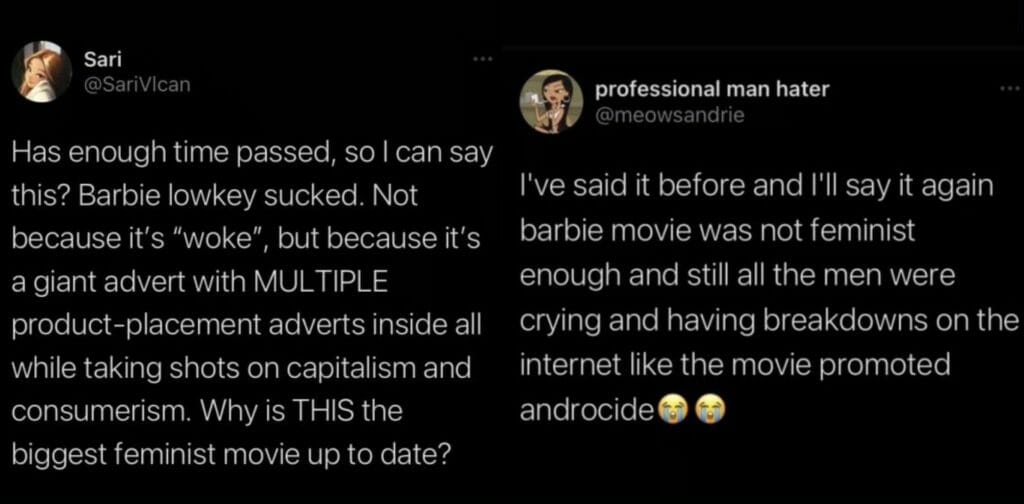
Some viewers felt that Gerwig’s film lacked feminist depth. Its comments on the patriarchy have been criticized by some as being too shallow – a stark contrast to those who found the movie revolutionary. Other viewers have even denounced Barbie as white feminism. Even the narrator in Barbie comments on the hypocrisy of having a white, conventionally attractive actress play the role of a doll in distress who fights against oppression – Barbie, in tears, says that she’s no longer ‘Stereotypical Barbie pretty’. At this point, narrator Helen Mirren voices: ‘note to the filmmakers: Margot Robbie is the wrong person to cast if you want to make this point’. Clearly, Barbie is somewhat self-aware of its feminist limitations – but for some viewers, this joking self-awareness only highlighted the film’s flaws.
The limitations of a blockbuster
Despite this criticism, it’s important to remember that the movie is a blockbuster intended for a universal audience. Some watchers have commented on the unfairness of expecting truly profound feminist thought from a movie about a children’s doll.
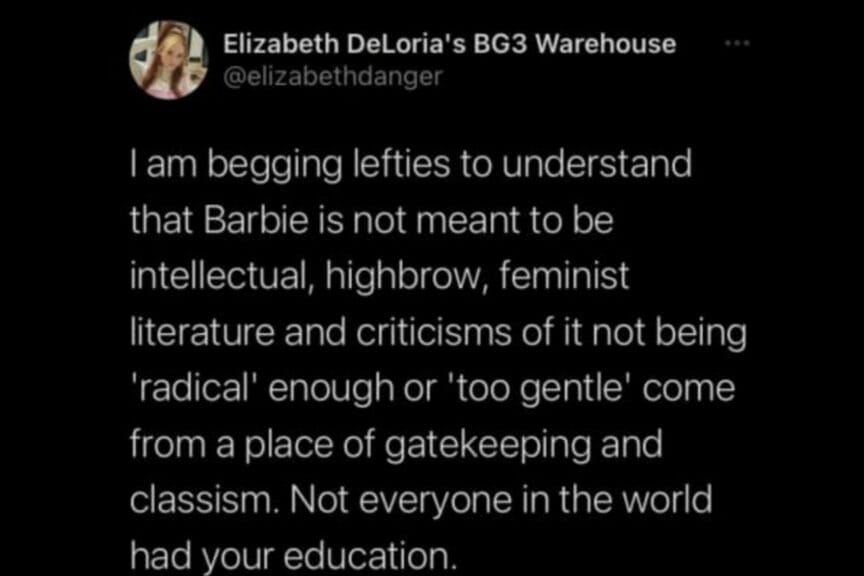
Overall, Barbie balances a celebration of femininity with the struggles of patriarchy – all while remaining light-hearted enough for any audience to enjoy. Barbie is a movie for people to dress up in pink and giggle at Ryan Gosling’s dancing; it’s also a movie for people to analyze its feminist messages and use it as a launchpad for their own. Barbieland itself represents an entirely alternate, matriarchal universe. Though it may be a fictional universe, its parallel to the real-world gender war – while also being the exact opposite of the real world – is arguably quite an extraordinary thing to witness in film.
In the end, Barbie has its faults – but for the most part, it does a pretty good job of introducing the basics of patriarchy. Even if the Barbie legacy eventually simmers down, it has sparked debates all over the globe about womanhood, motherhood and oppression. Adore it or despise it – either way, you’re definitely still talking about it.


